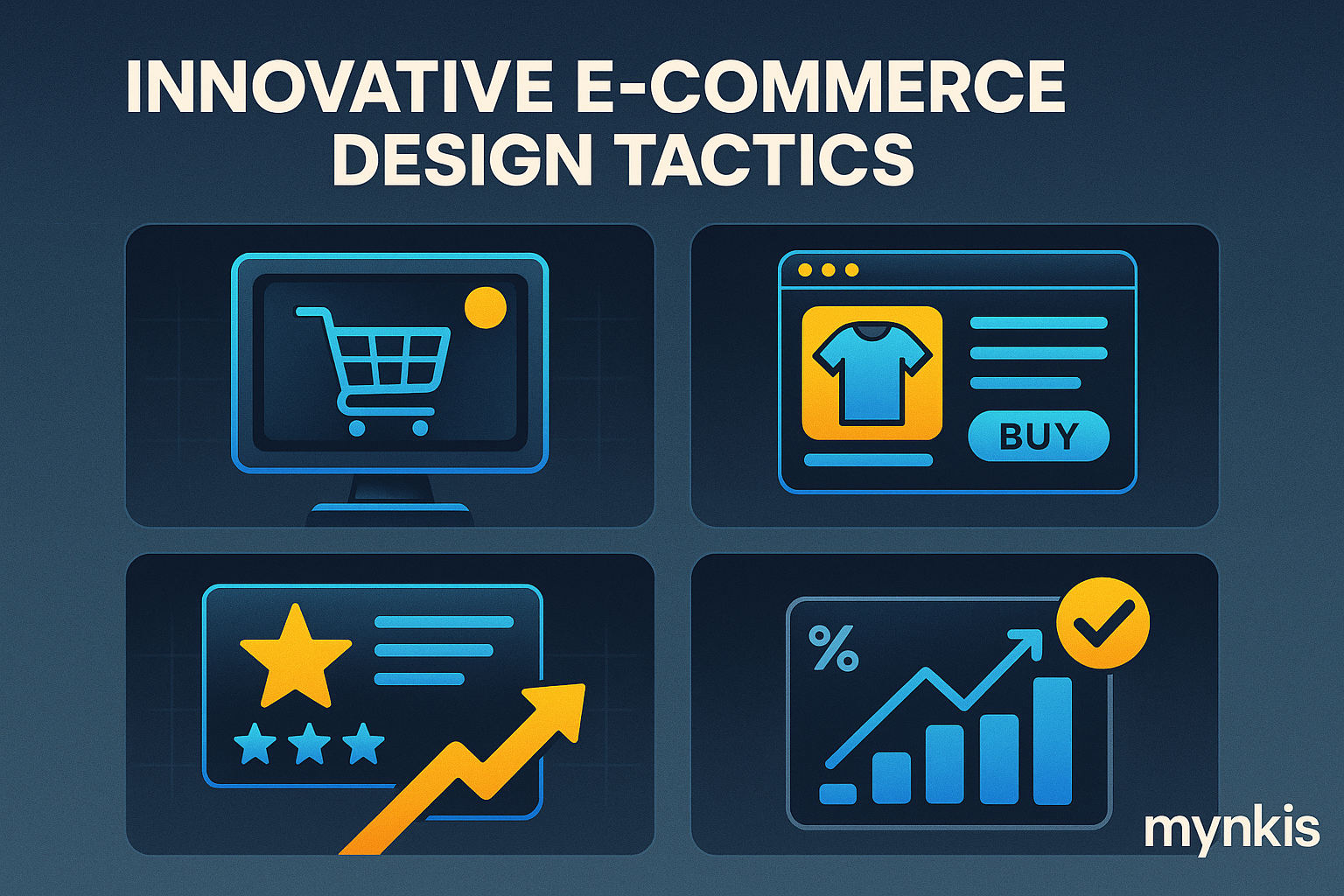Schedule a Demo
User experience reigns supreme in e-commerce. Streamlining the path from product discovery to purchase not only enhances the shopping experience but directly impacts your conversion rates. Simplify your site’s layout by reducing clicks needed to check out. Less friction means more sales, which is a key advantage for any online business, especially for property listing platforms.
Given that a hefty percentage of online shopping occurs on mobile devices, your e-commerce site must perform flawlessly on phones and tablets. A study by Statista reveals an ongoing increase in mobile e-commerce sales. Implementing responsive design ensures your site adapts to any screen size, ensuring visitors stay, shop, and ultimately complete their purchases — vital for enhancing local SEO for mobile searches.
Images and videos play a critical role in e-commerce. High-quality visuals can significantly decrease bounce rates and encourage purchases. On a property listing website, where every detail counts, clear photos and interactive 360-degree tours are non-negotiables for both customer satisfaction and local search optimization.
Calls to action (CTAs) guide users through your sales funnel. However, the strategy of deployment is crucial. Position your CTAs strategically to convert browsers into buyers without overwhelming them. For property listings, 'Book a Viewing', 'Schedule a Visit', or 'Inquire Now' might boost conversions while staying relevant to local queries.
Transparency breeds trust, which is essential for increasing conversions. Display customer reviews, testimonials, and trust badges prominently. For property listing platforms, this includes ensuring the presence of verifiable client feedback or accreditations from local or industry-renowned bodies to enhance credibility and local SEO.
Using AI to personalize the user experience dramatically boosts conversion rates. Tailoring product recommendations or customizing content based on user behavior creates a more compelling shopping journey. For real estate, consider implementing customized property suggestions based on browsing history and stated preferences.
An abandoned cart is lost revenue. Streamlining the checkout process reduces cart abandonment by reducing hurdles. Options like guest checkouts, multiple payment methods, and one-click purchasing are becoming standard for a reason. The property listing sector can utilize clear, seamless inquiries for properties to improve search rankings for intent-based local queries.
Geo-targeting allows you to personalize content for better user engagement and improved SEO for local queries. For a property listing service, this means displaying relevant properties for users based on their location, enhancing the relevance of search results and thereby user experience.
Speed is a crucial component of user satisfaction. According to WPO Stats, even a one-second delay in page response can result in a 7% reduction in conversions. Fast, efficient loading times can elevate your search rankings and maintain visitor engagement, impacting positively on your site's usability and SEO efforts.
Use analytics to understand where your users come from, what they do on your site, and what they buy—or don’t. Data from tools like Google Analytics can reveal which parts of your e-commerce site work and which need reworking. For property listings, track how users interact with listings and adjust your SEO strategies accordingly to target local search queries more effectively.
Social proof through user activity and real-time data showing inventory levels can instill a sense of urgency. Implement features that notify users of recent purchases or low stock on properties; these small psychological nudges can have big effects on sales.
The aesthetic integrity of your site reflects your brand. Consistent color schemes, fonts, and overall design language elevate your business beyond a mere transactional platform. Consider the psychology of colors and design in optimizing conversion, specifically tailored to the market you’re serving in real estate.
Strategic suggestions for additional purchases or more expensive versions can significantly increase your average order value. Be subtle and relevant, understanding that for property listings, you might suggest neighborhoods to explore or types of homes based on the initial user inquiry.
Aimed at performance metrics like time on site and bounce rate, effective SEO requires sound e-commerce design principles. Optimize site architecture for both user navigation and search engine crawlers, crucial for elevating local property search listings. Create concise, keyword-rich URLs to drive property inquiries directly to your pages.
In my experience with e-commerce clients across varied sectors, successful online businesses adopt an iterative approach. Consistently A/B test elements like CTAs, page design, and checkout flows. For property listing sites, optimizing keywords for local search terms based on user behavior continually adapts the strategy to current needs and search engine algorithms.
